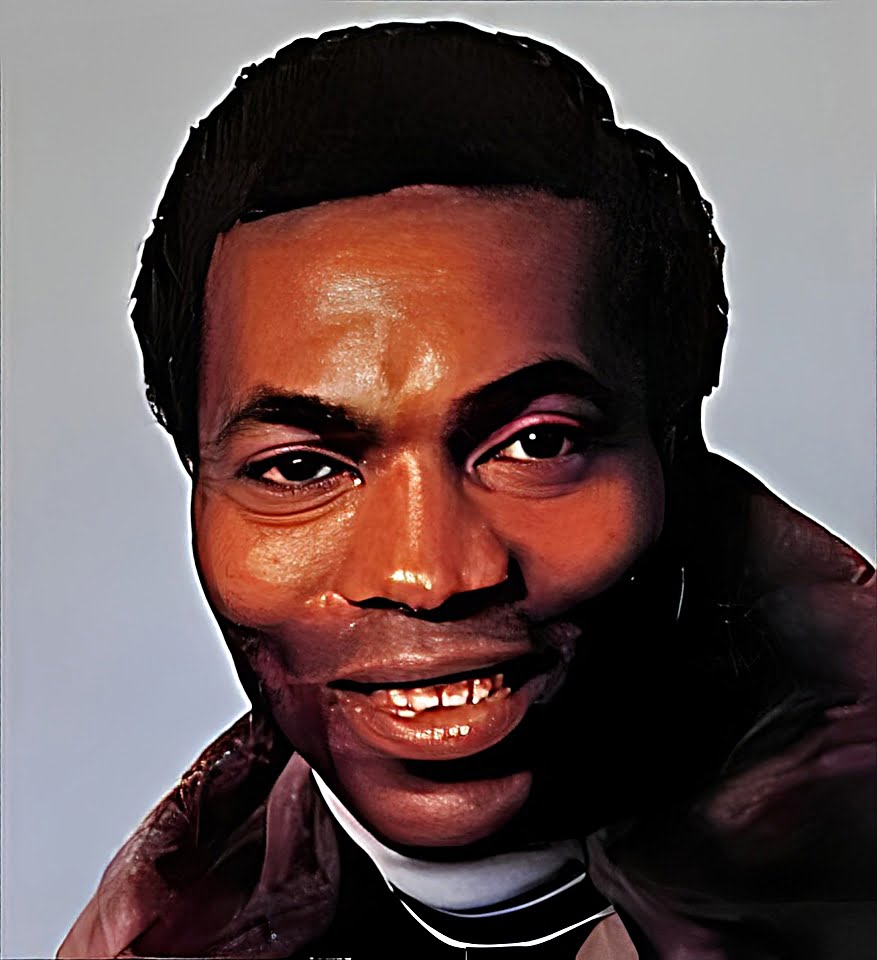
Michel Boyibanda: The Soukous Maestro from TPOK Jazz
In the vibrant world of Congolese music, few names resonate as deeply as Michel Boyibanda. A distinguished Soukous recording artist, composer, and vocalist, Boyibanda left an indelible mark on the music scene of the Republic of the Congo. His legacy is intricately woven into the rich tapestry of TPOK Jazz, a legendary Congolese Rumba band that held sway over the hearts of music enthusiasts from the 1950s through the 1980s.
TPOK Jazz and the Musical Odyssey:
Michel Boyibanda’s journey into the world of music took a significant turn when he became a member of TPOK Jazz, the brainchild of the iconic François Luambo Makiadi. This ensemble was more than just a band; it was a musical force that shaped the Congolese music landscape, influencing generations to come. Under Luambo Makiadi’s leadership, TPOK Jazz became a powerhouse, known for its infectious rhythms, soulful melodies, and dynamic performances.
Partial Discography:
Boyibanda’s contributions to TPOK Jazz are best exemplified through his remarkable discography. His musical prowess and ability to craft compelling compositions are evident in albums such as “Ata Na Yebi” (1966), “Samba Toko Samba”(1966), “Andu Wa Andura” (1971), “Ba Soucis Na Week-End” (1971), “Osaboté Ngai Jean-Jean” (1971), and “Zando Ya Tipo-Tipo” (1974). Each album stands as a testament to his versatility and creative genius.
Notable Works:
Among Boyibanda’s notable works is the soul-stirring “Nzete Esololaka Na Moto Te” (1975). This masterpiece showcases his ability to blend traditional Congolese rhythms with modern influences, creating a musical fusion that resonates with audiences across borders. The title itself, translated to “The Journey That Doesn’t Burn Me,” reflects the artist’s poetic and introspective approach to songwriting.
Legacy and Influence:
Beyond the music, Michel Boyibanda’s legacy is embedded in the cultural fabric of the Republic of the Congo. His influence extends beyond TPOK Jazz, as he played a pivotal role in shaping the sound of Congolese music during a crucial era. His contributions continue to inspire contemporary artists, ensuring that the heartbeat of Soukous lives on.
Conclusion:
Michel Boyibanda’s journey through the realms of Congolese Music, particularly with TPOK Jazz, remains a compelling chapter in the annals of African musical history. His ability to captivate audiences with his soulful voice, innovative compositions, and dynamic performances cements his status as a true maestro of soukous. As we celebrate the legacy of Michel Boyibanda, we recognize not just a musician but a cultural icon who left an indelible mark on the rhythmic soul of the Republic of the Congo and beyond.



